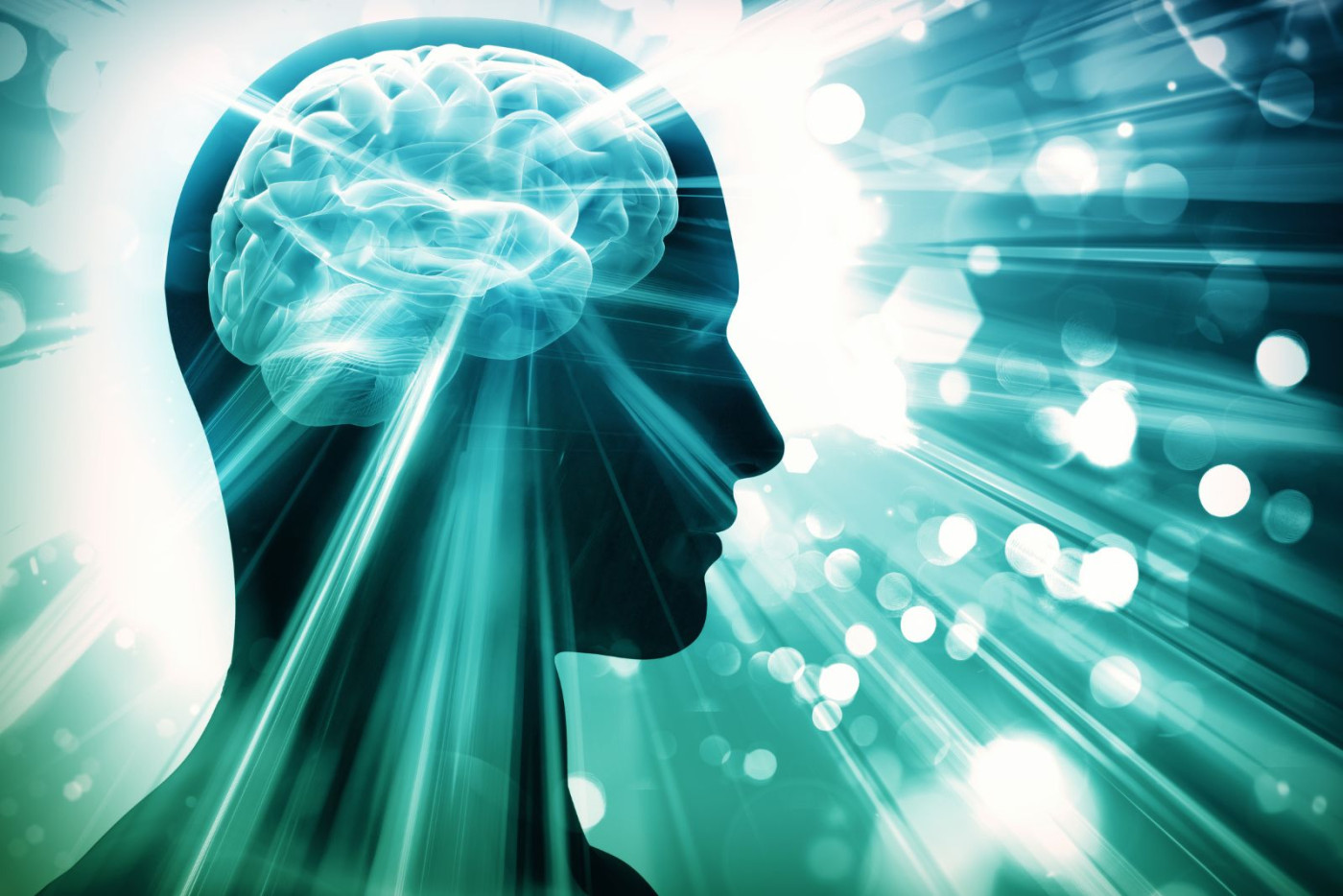When you think about active aging, you likely think about the physical side with exercise and healthy eating, but there’s another area to keep in “shape” as you age: your brain. Changes to your brain are normal as you age, but there are some things you can do to help slow decline in memory and lower your risk of developing dementia, including the following five.
Develop Healthy Habits
The same habits that can help you improve your physical health can also keep your mind sharp:
 Physical activity gets blood flowing to the brain.
Physical activity gets blood flowing to the brain.- Healthy eating gives you nutrients that improve your ability to think and remember things, as does maintaining good cardiovascular health.
- Getting seven to eight hours of sleep a night will boost overall memory and brain health by consolidating memories.
- Limiting alcohol and not smoking reduces the risk of developing dementia, according to the Alzheimer's Association.
- Staying on top of health conditions like diabetes, high blood pressure, depression, and hypothyroidism helps ensure they don’t impact brain health. Follow your doctor’s advice on treating any condition you have carefully.
Keep Learning
 Just as physical exercise can keep your body healthy, stimulating your mind can help keep the brain healthy. A great way to do that is to be a lifelong learner, whether that means taking classes, learning a new language, pursuing a new hobby, learning a new skill, volunteering, or mentoring. Whatever keeps your brain active and challenges you can improve your cognitive function.
Just as physical exercise can keep your body healthy, stimulating your mind can help keep the brain healthy. A great way to do that is to be a lifelong learner, whether that means taking classes, learning a new language, pursuing a new hobby, learning a new skill, volunteering, or mentoring. Whatever keeps your brain active and challenges you can improve your cognitive function.
Get Social
Human beings are social creatures by nature. Staying connected with family, friends, and neighbors through social activities not only helps ward off isolation and loneliness, it can also support cognitive health. Pick up the phone and call a friend or family member, meet someone for lunch, join local senior center activities, or volunteer – anything that gets you a social connection with others is beneficial.
Manage Stress
 High levels of the stress hormone cortisol have been associated with reduced brain functioning in older adults. Find healthy ways to manage stress, such as exercise, meditation, or yoga. Creating routines, getting organized, and learning to control attitudes and emotions can also help you manage stress and reduce the impact it can have on you and your brain health.
High levels of the stress hormone cortisol have been associated with reduced brain functioning in older adults. Find healthy ways to manage stress, such as exercise, meditation, or yoga. Creating routines, getting organized, and learning to control attitudes and emotions can also help you manage stress and reduce the impact it can have on you and your brain health.
Understand How Medications Can Affect the Brain
Some medicines and combinations of medicines can affect your ability to think clearly and retain memories. Medicines can also interact with food, dietary supplements, alcohol, and other substances. Talk with your health care provider about your medications and any potential side effects. Be sure to include any over-the-counter medications or supplements you regularly take in the discussions to ensure your provider has a full understanding of what you are taking and can alert you to any potential side effects.
